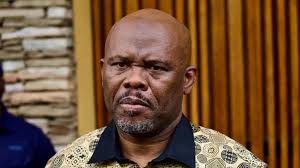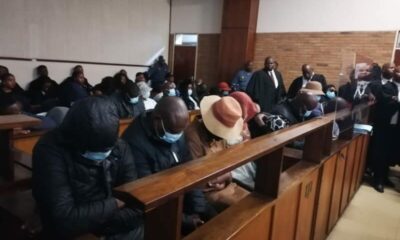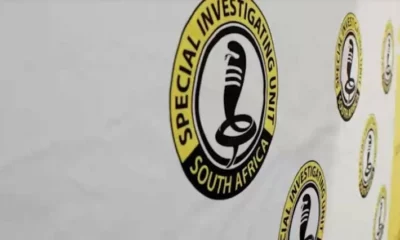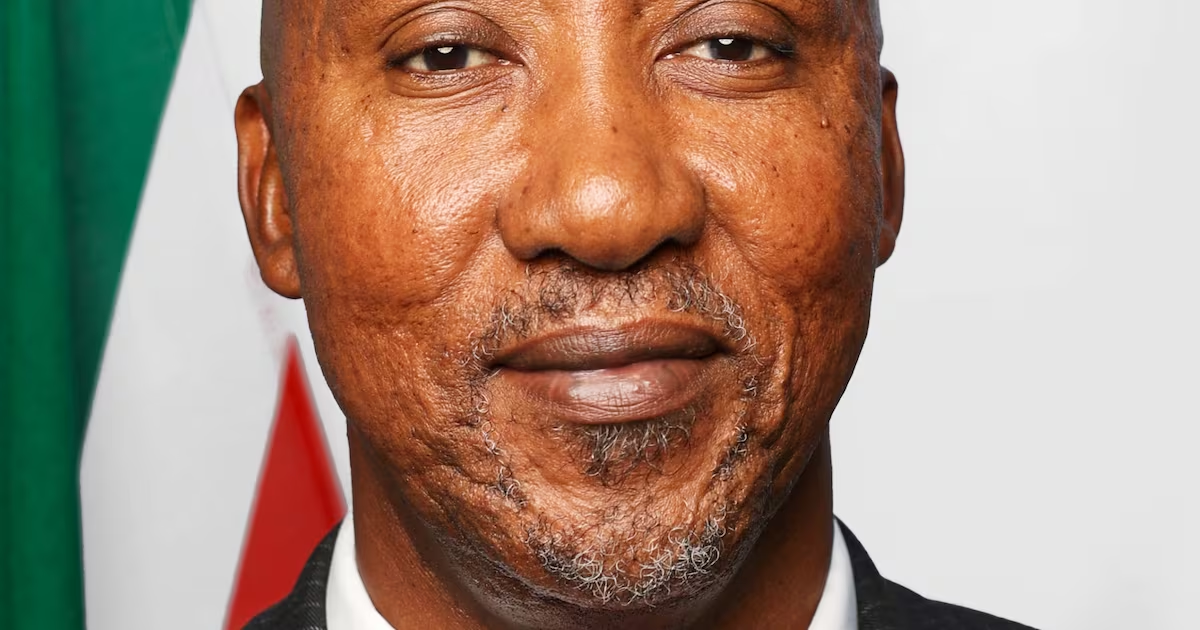News
Tender Tricks and Suspended Sentences: The Price of Fraud at Amatola Water Board

Fake documents, R215K paid out, and no jail time, what does this say about justice in South Africa’s procurement system?
In a country where basic services often teeter on the edge of collapse, few things strike a nerve quite like corruption involving water, an essential, often-scarce resource for millions of South Africans. The recent sentencing of 46-year-old Mthobeli Ngwenze, who defrauded the Amatola Water Board through a rigged tender deal, has sparked debate around accountability, justice, and whether consequences match the crime.
The Scam Behind the Scenes
Back in August 2020, Ngwenze, acting on behalf of his company Hard Castle Consulting (Pty) Ltd, set his sights on a lucrative tender from the Eastern Cape-based Amatola Water Board. The board required proof of ownership for water tankers—leased vehicles or rentals were explicitly disqualified. But that didn’t stop Ngwenze. He went ahead and submitted fake vehicle registration documents to boost his bid.
It worked. The fraudulent documents fooled officials, and the contract was awarded. A total of R215,776 was paid out to Hard Castle Consulting based on false pretenses.
But not for long.
The Hawks Swoop In
Enter the East London Serious Corruption Investigation unit of the Hawks, South Africa’s elite crime-busting agency. A thorough probe revealed the deception, and both Ngwenze and his company were slapped with charges of fraud, forgery, and uttering (knowingly using forged documents). They both pleaded guilty.
On 25 July 2025, the East London Magistrate’s Court sentenced Hard Castle Consulting to a R100,000 fine. Ngwenze was handed a five-year prison term, wholly suspended for five years. In simpler terms? He won’t see the inside of a cell unless he commits another crime during that period.
Justice Served or Just a Slap on the Wrist?
Reactions to the ruling have been mixed. Major General Mboiki Obed Ngwenya of the Hawks welcomed the sentence, saying it sent a strong message to those who think they can cheat the system. But some members of the public aren’t buying it.
“People defraud the state of hundreds of thousands and get suspended sentences. What’s the incentive not to try?” asked one user on X (formerly Twitter), summing up the public’s frustration.
Corruption in public procurement remains a systemic issue, particularly when essential services like water are at stake. Cases like this further expose the cracks in the vetting and oversight processes of state-owned entities.
The Bigger Picture: More Suspended Sentences
This isn’t an isolated case. Just last week, three Chinese nationals were fined a combined R400,000 after being caught with abalone worth nearly R2 million in the Northern Cape. Found guilty of contravening the Living Marine Resources Act and money laundering, they too walked away without prison time, receiving 36-month suspended sentences instead.
It’s a troubling pattern: white-collar criminals sidestepping prison, even when their actions undercut critical services, ecosystems, and public trust.
Why This Case Matters
In the Eastern Cape, where water delivery is inconsistent and droughts are common, every rand matters. Fraud like Ngwenze’s not only robs the system, it risks lives. While his sentence may be legally sound, the optics raise tough questions about whether South Africa’s courts are truly equipped or willing, to take a hard stance against procurement corruption.
As long as suspensions outweigh cell time, the public may continue to see justice as something reserved for the poor, not the fraudulent.
{Source: The Citizen}
Follow Joburg ETC on Facebook, Twitter , TikTok and Instagram
For more News in Johannesburg, visit joburgetc.com

























